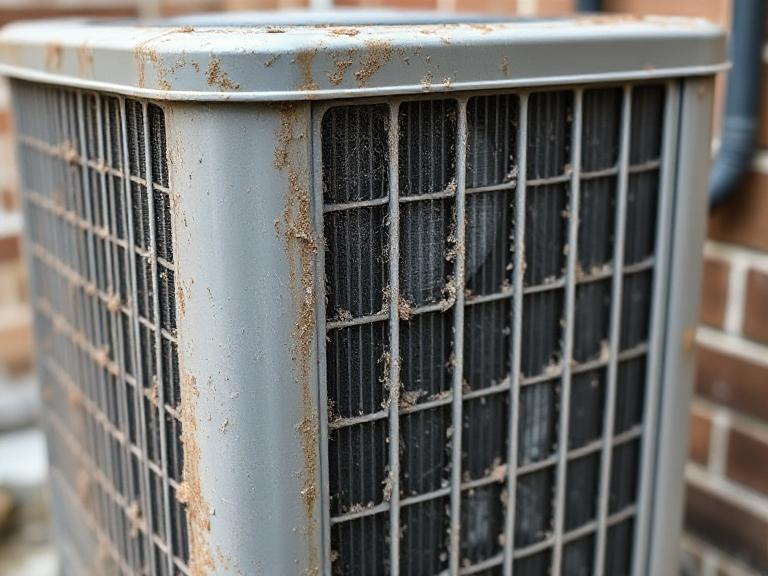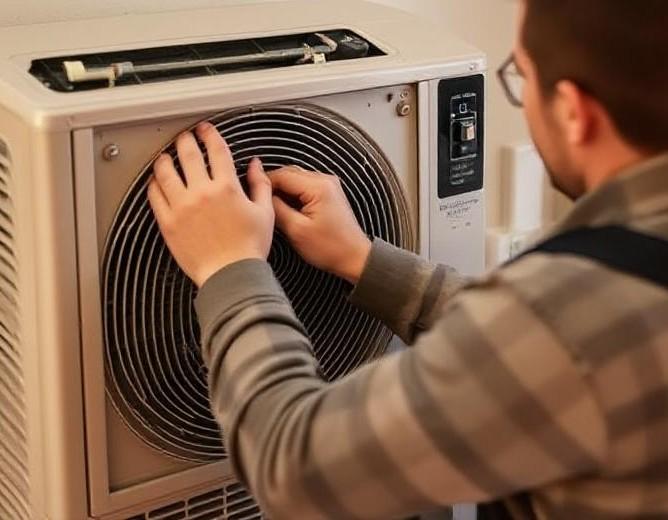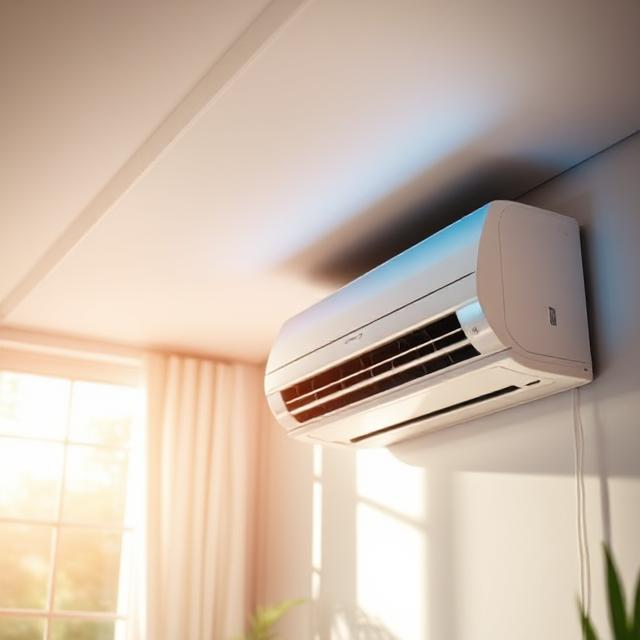Should I Replace My 20 Year Old Air Conditioner In Coachella, CA?
Introduction
Living in Coachella, California, is a dream for many—sunny skies, vibrant festivals, and that unmistakable desert charm. However, when the summer heat cranks up, having a reliable air conditioning system becomes crucial. If you’ve been relying on a 20-year-old air conditioner to keep your home cool, you might be wondering if it’s time for an upgrade. In this article, we’ll dive deep into evaluating whether to replace your aging air conditioning unit. We’ll explore costs, efficiency, environmental impacts, and much more so that you can make an informed decision.
Is It Time for an Upgrade? Evaluating Whether to Replace Your 20-Year-Old Air Conditioner in Coachella, CA
When it comes to home comfort in Coachella, one of the most pressing questions homeowners face is whether their aging air conditioner is still up to the task or if it's time for an air conditioner replacement. A 20-year-old unit might seem like a trusty companion; after all, it’s survived countless summers. But just because it has functioned well doesn’t mean it’s still efficient or effective.
Understanding the Lifespan of Air Conditioners
Air conditioners typically have a lifespan of about 10-15 years. So, if you're still using that old unit from the early 2000s, you’re already pushing past its prime. The age of your system is the first indicator that it might be time for replacement.
Signs That Indicate It's Time for Replacement
The Cost Factor: Repair vs. Replacement
Let’s break down some numbers here!
| Action | Average Cost | Long-term Implications | |-------------------|--------------------|----------------------------------| | Repairing (Yearly)| $300 - $500 | Temporary fix; ongoing issues | | Replacing | $3,000 - $7,000 | New warranty; improved efficiency |
In many cases, investing in a new system makes more financial sense over time.
Energy Efficiency Ratings Explained
When considering air conditioning replacement options, understanding SEER ratings (Seasonal Energy Efficiency Ratio) can help guide your decision. The higher the SEER rating, the more efficient the unit will be:
- SEER 13-14: Basic efficiency
- SEER 15-16: Good efficiency
- SEER 17+: High efficiency
Opting for a higher SEER rating not only helps save on energy bills anthemcv.com but also benefits the environment by reducing carbon emissions.

Environmental Considerations When Replacing Your AC
The importance of choosing energy-efficient appliances extends beyond just saving money—it also plays a crucial role in protecting our environment. By replacing your old air conditioner with an energy-efficient model:
Exploring Modern Features of New Air Conditioning Units
Modern units come equipped with features designed with user convenience and environmental impact in mind:
- Smart Thermostats: Control temperatures remotely via smartphone apps.
- Variable Speed Compressors: Adjust cooling based on demand.
- Air Filtration Systems: Improve indoor air quality dramatically.
These features not only enhance comfort but can also lead to significant savings over time.
Financing Options for Air Conditioner Replacement
If you’re feeling overwhelmed by the cost of replacement but recognize its necessity—don’t fret! There are various financing options available:
Choosing Between Various Types of Air Conditioners
Not all air conditioners are created equal! Depending on your home layout and cooling needs, you may consider different types:
Central Air Conditioning Systems
Great for cooling entire homes efficiently but requires ductwork installation if not previously present.
Ductless Mini-Split Systems
Ideal for homes without ducts; they provide flexibility and targeted cooling where needed.
Window Units
Cost-effective solutions but limited to single rooms; not ideal for larger spaces.
Hiring Professionals vs. DIY Installation
While some tasks around the house can be tackled independently (like changing filters), installing or replacing an air conditioning unit generally requires professional expertise.
Benefits of Hiring Professionals
FAQ Section
What are the signs my air conditioner needs replacing?
If you're facing increased energy bills or frequent repairs combined with inconsistent temperatures throughout your home—it's likely time to consider an upgrade!
How much does air conditioner replacement typically cost?
On average, replacing an AC unit can range between $3,000 - $7,000 depending on various factors like brand reliability and installation complexity.
What should I look for when buying a new AC?
Focus on SEER ratings for efficiency and check out additional features such as smart thermostats or advanced filtration systems!

Will I need ductwork if I choose central AC?
Yes! If you opt for central air conditioning and do not have existing ducts installed in your home—you'll need to install ductwork as part of the process.
How long does it take to install a new AC?
Typically installation takes anywhere from 4 to 8 hours depending on complexity but schedule adjustment might be needed based on existing conditions at your property site!
Are there tax credits available when replacing my AC?
Depending on state laws and specific eco-friendly upgrades made during installation—you could qualify for tax credits or rebates through local utilities!
Conclusion
Deciding whether it’s time to replace that trusty old air conditioner isn’t just about keeping cool during those scorching summer days; it's about investing wisely into something that ensures comfort while being conscious of utility costs and environmental impact alike!
So ask yourself—are you ready to embrace modern technology that offers enhanced efficiencies while potentially lowering those pesky electric bills? If so—perhaps now really is “the time” after all!
Whether you're leaning towards making an upgrade now or simply gathering information—being proactive about evaluating your home's cooling needs will pay off significantly down the road!
